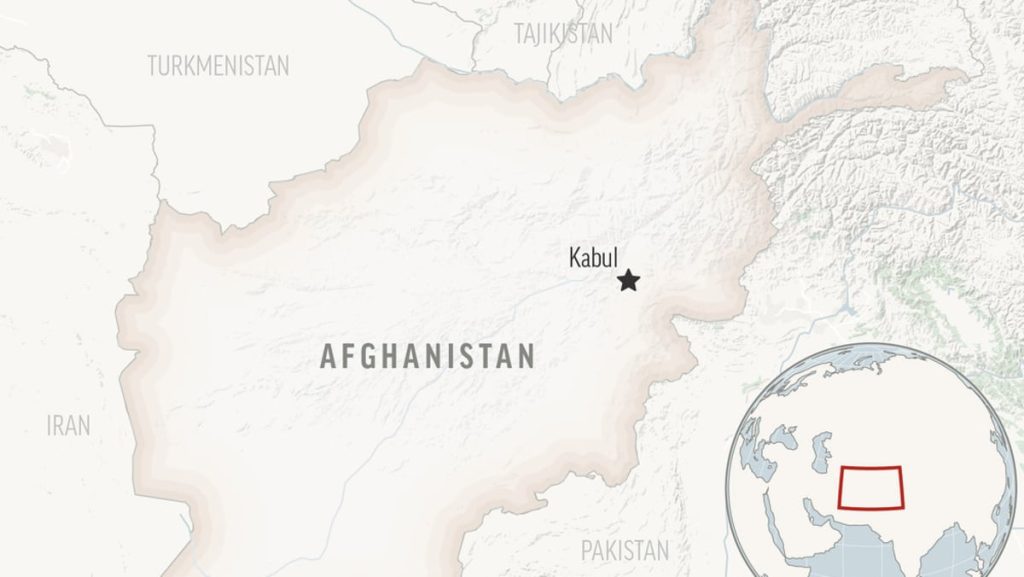A suicide bomber in Kabul killed at least six people and injured 13 others in an attack on a neighbourhood in the Afghan capital on September 2nd. The blast, which occurred in the Qala Bakhtiar area, resulted in the death of one woman and left all 13 wounded individuals as civilians who were taken to a hospital for treatment. Police are conducting an investigation into the incident and no group has claimed responsibility for the bombing at this time. The Islamic State group’s affiliate, a rival of the ruling Taliban, has carried out similar attacks in the past on various locations within Afghanistan, such as schools, hospitals, mosques, and predominantly Shiite areas.
The Taliban gained control of Afghanistan in August 2021 following the withdrawal of US and NATO forces after two decades of conflict. Despite initial assurances of a more moderate approach, the Taliban has begun to enforce a strict interpretation of Islamic law, or Shariah, similar to their rule from 1996 to 2001. The group’s control and governance have sparked concern about human rights and the treatment of women and minorities, as well as the potential for violent attacks and instability within the region. The latest bombing in Kabul highlights the ongoing security challenges faced by the Afghan authorities as they navigate a complex political landscape in the wake of the Taliban’s resurgence.
The Taliban’s return to power has prompted fears of increased violence and threats from various insurgent groups operating within Afghanistan, including the Islamic State affiliate that has previously targeted civilians and institutions. The capacity of the Afghan security forces to effectively combat these threats remains a key concern, particularly as the country struggles with issues related to governance, human rights, and socio-economic development. The international community has called for continued support to address these challenges and prevent the spread of extremism and violence in the region.
The attack in Kabul underscores the delicate balance between security, stability, and the protection of human rights in Afghanistan, as the new Taliban-led government seeks to establish its authority and address the country’s pressing social and economic needs. The resurgence of violence and instability poses a significant threat to the well-being of the Afghan population and the region as a whole, necessitating a coordinated response from local and international stakeholders to address the root causes of conflict and insecurity. Efforts to promote dialogue, reconciliation, and inclusive governance will be critical in charting a path towards peace and stability in Afghanistan and preventing further violence and suffering.
As the Afghan authorities continue to grapple with the challenges posed by ongoing conflict and insecurity, the international community must remain engaged and supportive in efforts to ensure the well-being and safety of the Afghan people. Humanitarian assistance, development aid, and diplomatic engagement will be crucial in addressing the humanitarian crisis and promoting long-term stability and security in Afghanistan. The recent bombing in Kabul serves as a stark reminder of the urgent need for concerted action to address the root causes of violence and extremism in the region and build a more inclusive and peaceful future for all Afghan citizens. It is imperative that all stakeholders work together to address these challenges and advance the cause of peace and stability in Afghanistan and the wider region.



